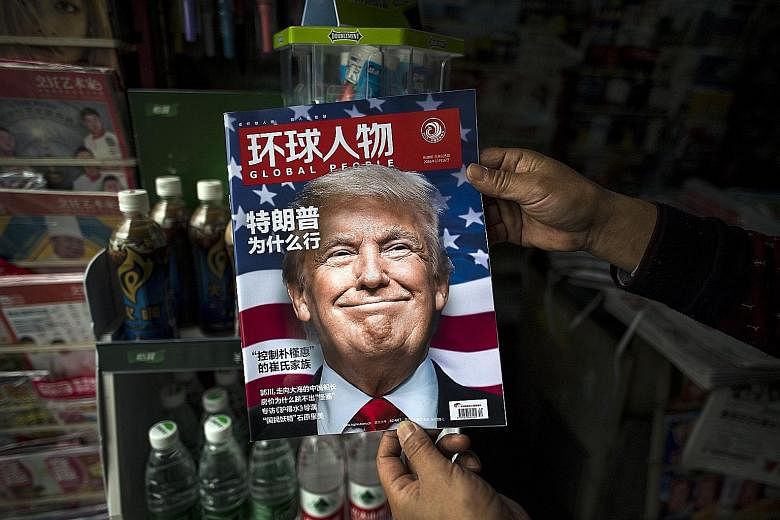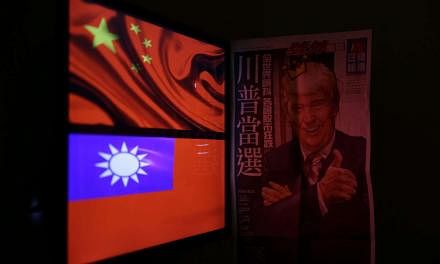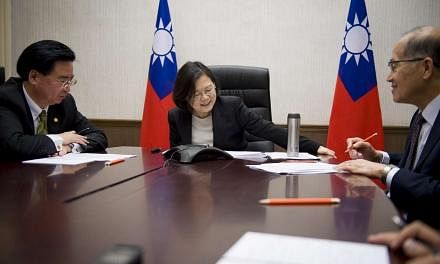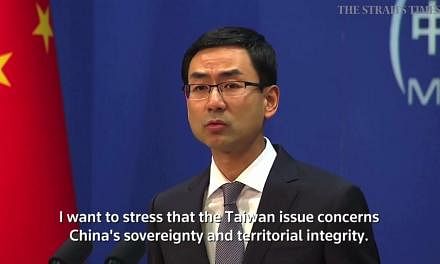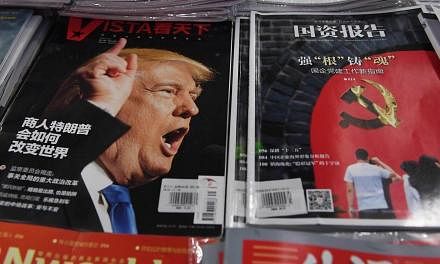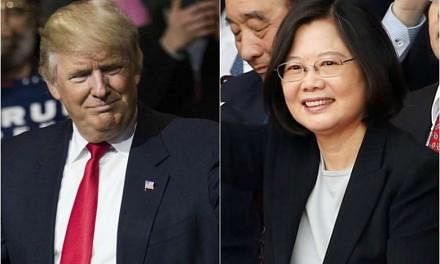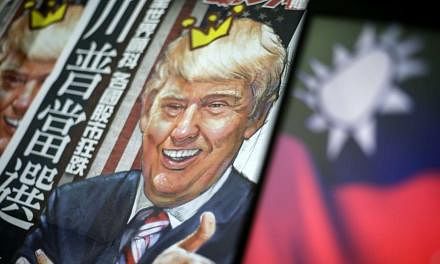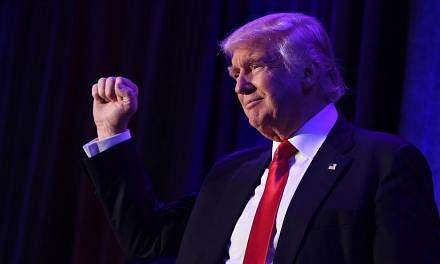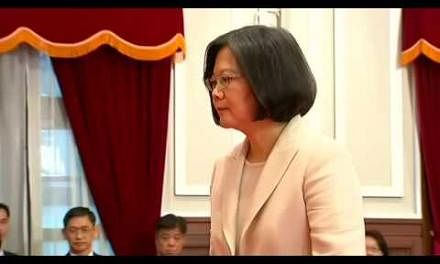United States President-elect Donald Trump is "well aware" of what the US stance has been on Taiwan and is "not trying to make policy or make waves", his adviser Kellyanne Conway said after he broke with decades of American foreign policy to speak with Taiwan President Tsai Ing-wen.
Ms Conway, interviewed on CNN, insisted that Mr Trump's phone calls with world leaders were set up in an orderly manner.
"(He) is fully briefed and fully knowledgeable about these issues... He's well aware of what US policy has been,'' she said.
She refused to divulge any more information on the phone call, but maintained that Mr Trump has access to State Department materials, daily briefings and information from government agencies.
"He reads everything. As President-elect, he is fully engaged."
The unprecedented phone call had governments and analysts around the world wondering if it could signal a shift in US policy towards Taiwan and China.
Said National Security Council spokesman Ned Price: "There is no change to our longstanding policy on cross-strait issues. Our fundamental interest is in peaceful and stable cross-strait relations."
Earlier on Friday, Mr Trump tweeted, seemingly in response to a flood of media reports: "The President of Taiwan CALLED ME today to wish me congratulations on winning the presidency. Thank you!''
In a second tweet defending his move an hour later, he said: "Interesting how the US sells Taiwan billions of dollars of military equipment but I should not accept a congratulatory call.''
The US follows a "one China" policy that saw Washington switch diplomatic recognition from Taipei to Beijing in 1979. China's view of Taiwan as a renegade province has long been a non-negotiable cornerstone of Beijing's policy.
During his election campaign, Mr Trump had told voters that the US was losing jobs to China while China benefited from access to the American market.
He accused China of being a currency manipulator and threatened to slap double-digit tariffs on its imports.
Friday's phone call triggered wide speculation in the US media about a potentially risky policy shift - and an official but measured protest from Beijing, with the Foreign Ministry reiterating that "the 'one China' principle is the political basis of the China-US relationship".
Mr Daniel Blumenthal, director of Asian Studies at the American Enterprise Institute, tweeted that for critics to assume the US could not have friendly relations with both China and Taiwan was "cynical zero-sum thinking".
Ms Yun Sun, a senior associate with the East Asia Programme at the Stimson Centre in Washington, told The Sunday Times over the phone that "I don't think a single phone call indicates the US changing its policy".
"The US has a relationship with Taiwan and improving that relationship does not mean the US supports Taiwanese independence," she said.
"The media and, to some extent, the Washington DC foreign policy community tend to see Mr Trump's behaviour in the worst possible light, and I don't think that's helpful," she cautioned.
"Essentially, Mr Trump as a shrewd businessman is looking for a deal with China. He's not looking for a fight."
